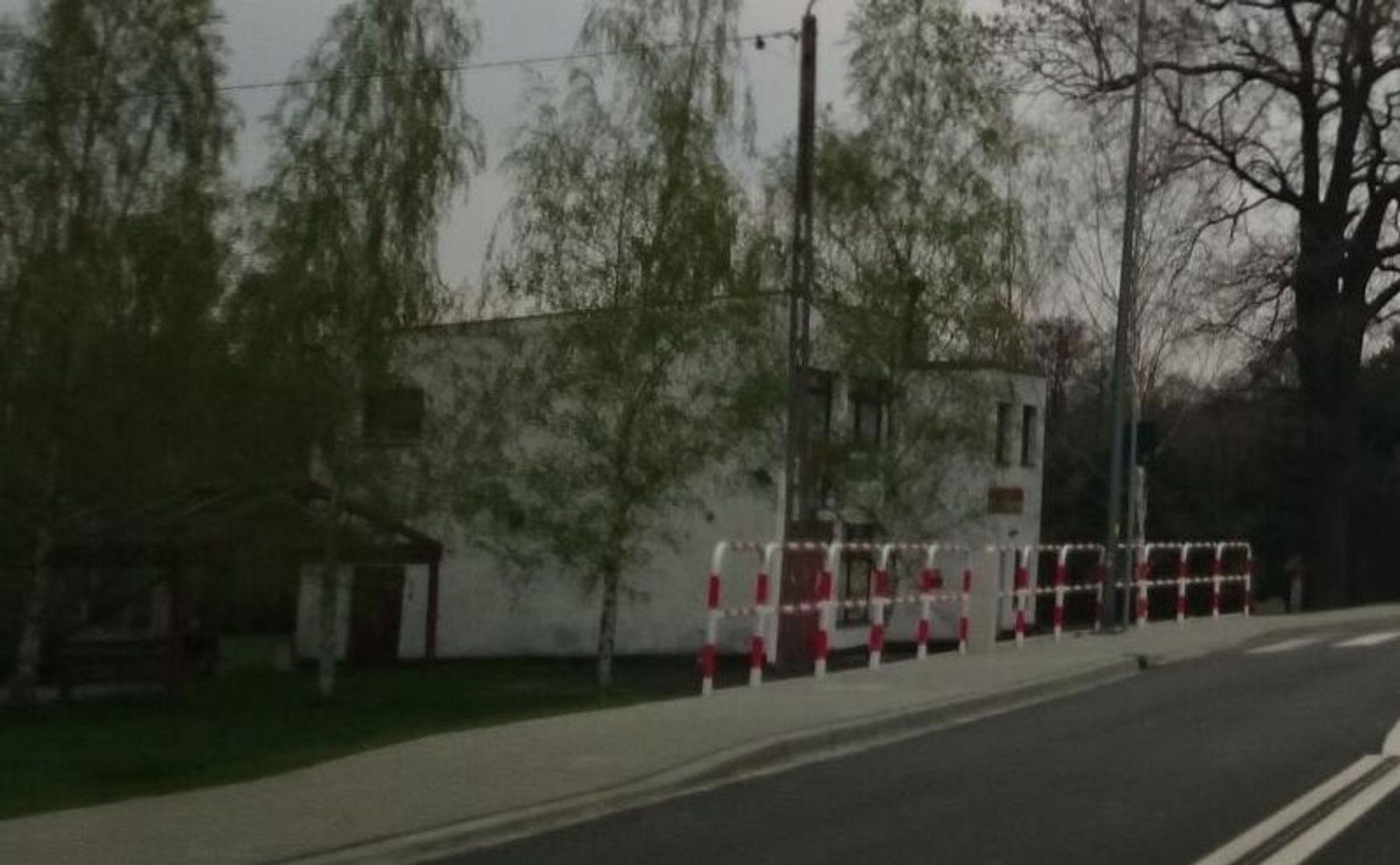Wierzbiec
6.78

Overview
Wierzbiec is a village located in the Opole Voivodeship, within the Prudnik municipality, in Upper Silesia, in the valley of the Prudnik River. Historically known as Wackenau, its Polish name was assigned in 1947. The village boasts rich traditions dating back to the 17th century, when it was first mentioned in 1670. Over the centuries, Wierzbiec went through various administrative and ownership phases, including associations with the Mettich family and the Order of the Holy Sepulchre. After secularization in 1810, the estate passed to Field Marshal Gebhard Leberecht von Blücher, who organized hunting expeditions in the area. In the 19th century, the village developed thanks to the construction of roads and railway lines, reaching a population of 470 by 1890. After World War II, the village was settled by repatriates from central Poland, and its demographics began to change. Today, Wierzbiec has approximately 219 inhabitants. The village's architecture features a historic park and stone park fencing, as well as houses listed in the municipal heritage register. Local culture is highlighted by the activities of the Village Cultural Center and events such as harvest festivals and community fairs. Sports enthusiasts engage in the activities of the LZS Wierzbiec chess club and the local sports field. Wierzbiec is served by the Volunteer Fire Department, and the village is under heritage protection and the care of various safety institutions, including the Border Guard. Road transport is provided by the national road No. 40, which runs through Wierzbiec, and numerous bus connections. Interestingly, the Tour de Pologne race route passed through Wierzbiec, underscoring the region's sporting character. Despite its small population, Wierzbiec maintains active cultural and social engagement, making it an interesting location on the map of Lower Silesia.
Location
City
Prudnik Deanery
Tertiary Administrative Division
Prudnik
County
Prudnik County
State
Opolskie Voivodeship
Country
2026 Wizytor | All Rights Reserved